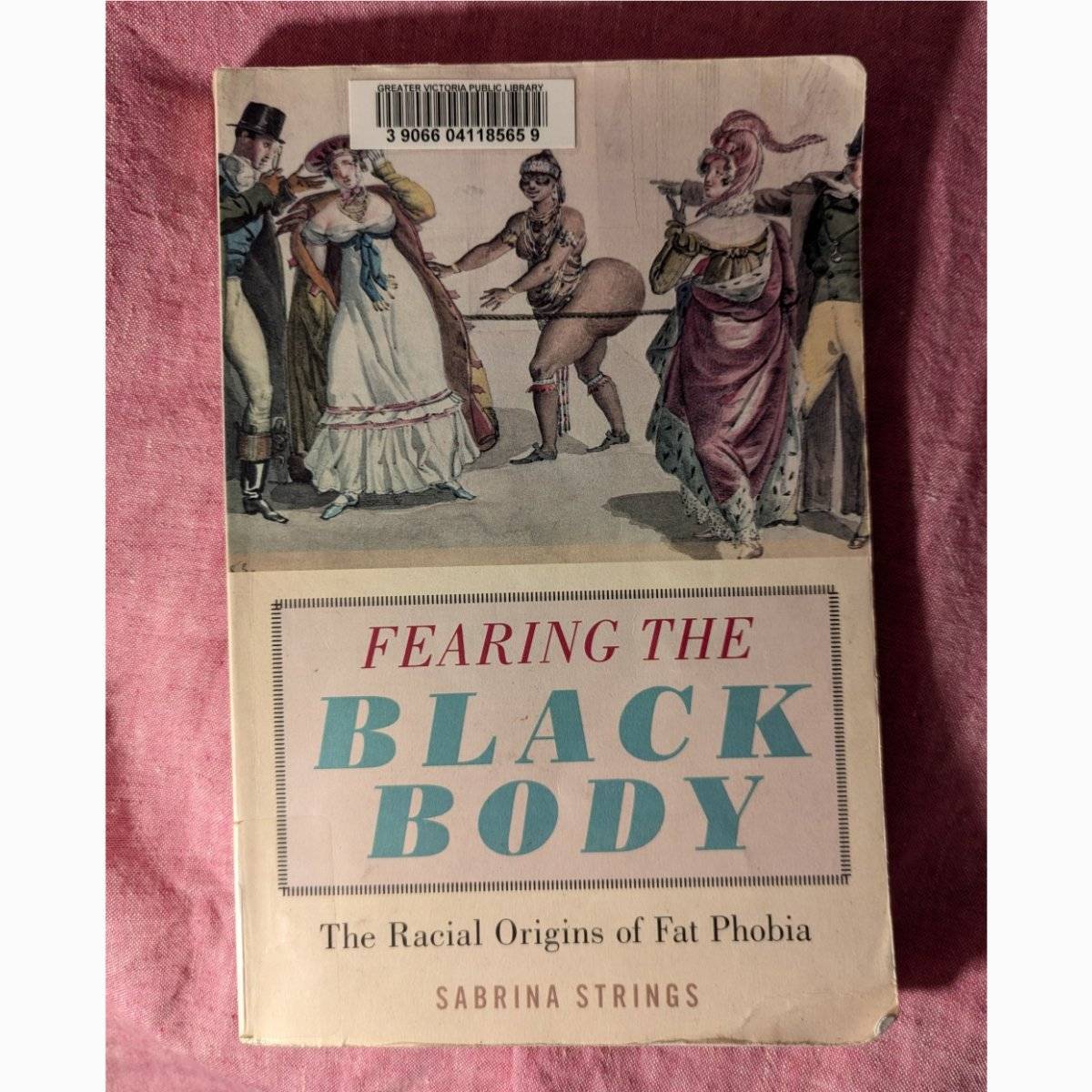
Illuminating and infuriating.
The timeline alone says it all, when it comes to what chronologically promoted fat phobia:
First racism seen in art and 'science' justifying colonialism and slavery, then religious ascetic morality further promoting racism and controlling women, and THEN unsubstantiated claims about health associated with insurance companies to help medical industries and doctor reputations alongside eugenic concerns, 1/?







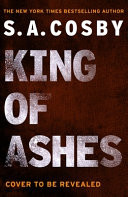
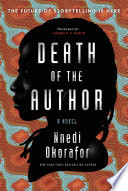
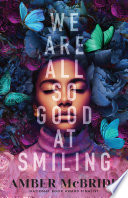

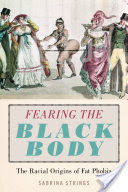
























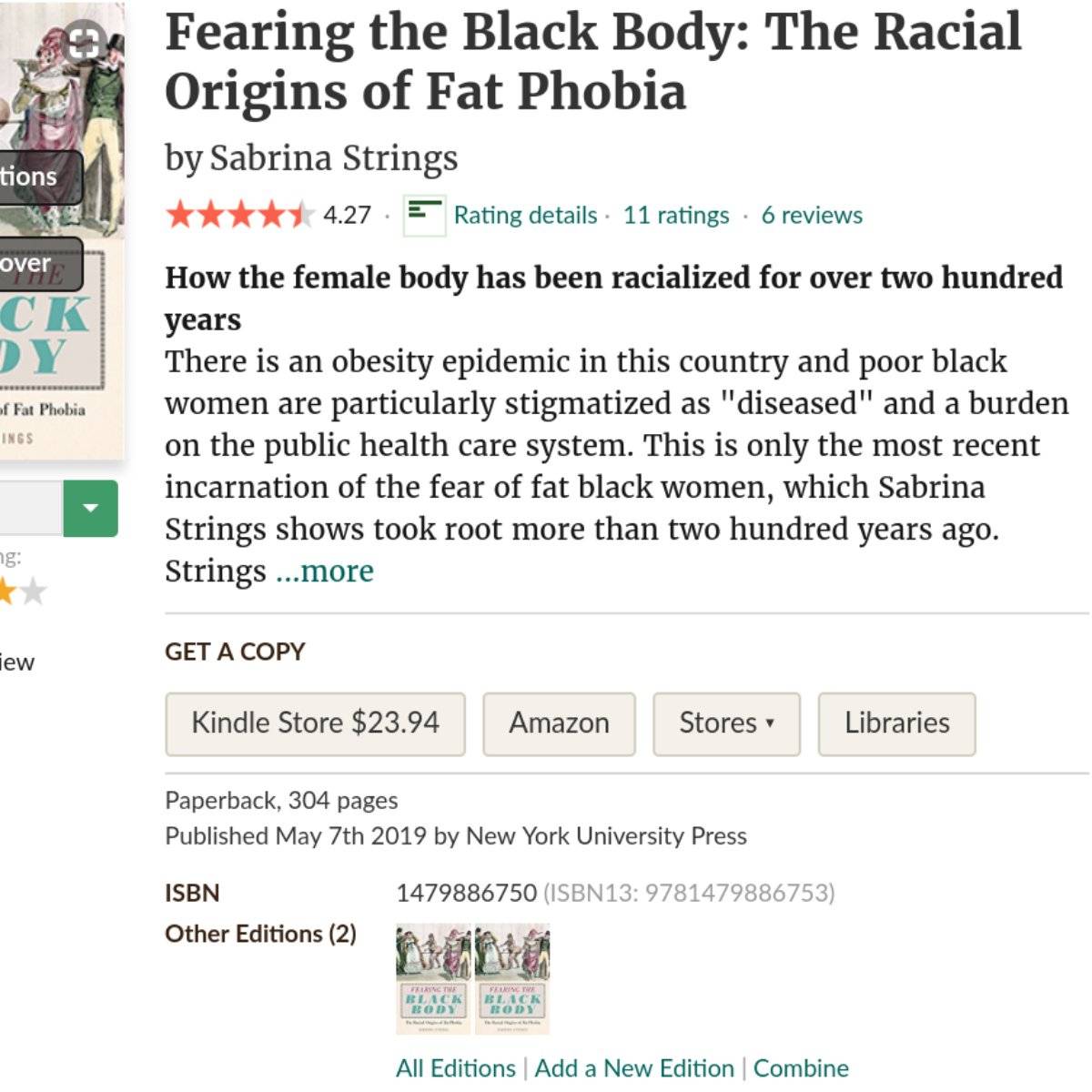
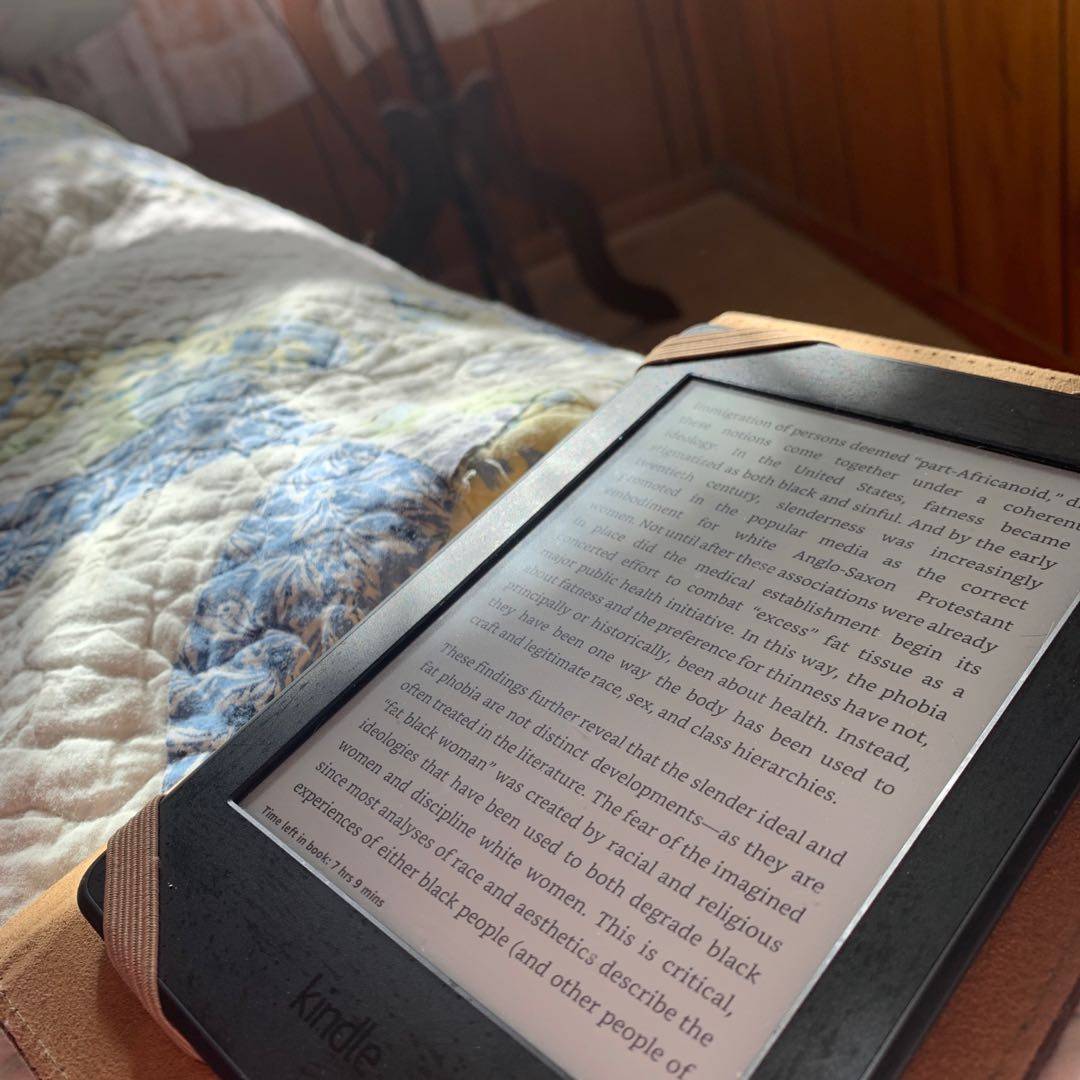


The author shows how in addition to the black body, it becomes very clear that convenient narratives that championed white supremacy and a slender white aesthetic also sought to other, denigrate, harm with impunity, all people of colour as well as Jewish people, Southern and Eastern European immigrants to the US, and anyone of a 'lower 10mo
Racism and fatphobia have often been the tool of commerce and the reigning social class when the white 'upper class' find it an expedient way to keep themselves on top.
I'll admit the seeming constant back and forth on women being 'too skinny, too fat' in Kellogg's day felt a bit muddled in providing evidence for the book's argument. 10mo
or themselves.
Negative result for all! 🤦🏼♂️
Sidebar:
Y'know it was mildly funny when I found out a few years ago that Kellogg cereal guy was anti-masturbation, but finding out he was a pro-eugenics, white supremacist writing racist pseudo-medical screeds is just exhausting.
⚠️racism, xenophobia, antisemitism, sexism, fatphobia, disordered eating 10mo